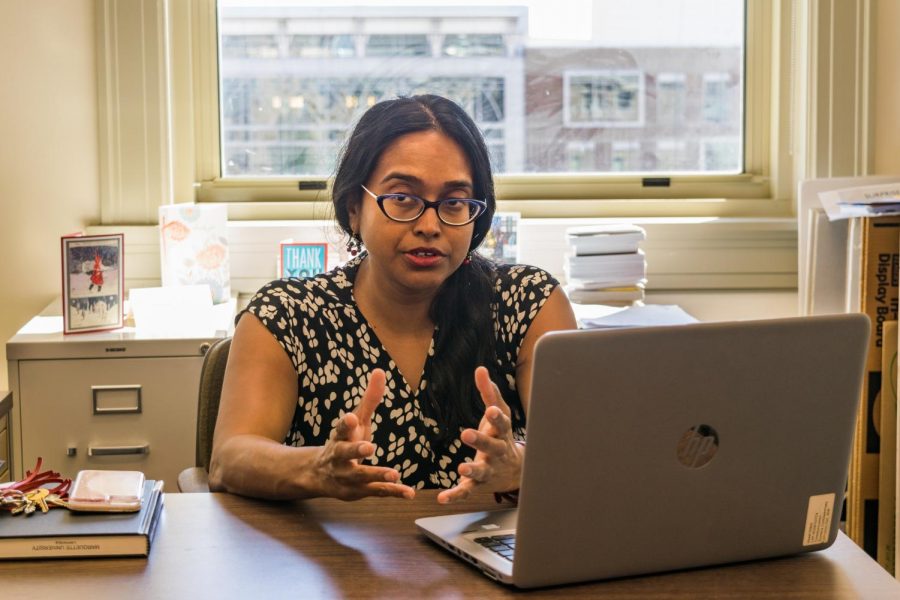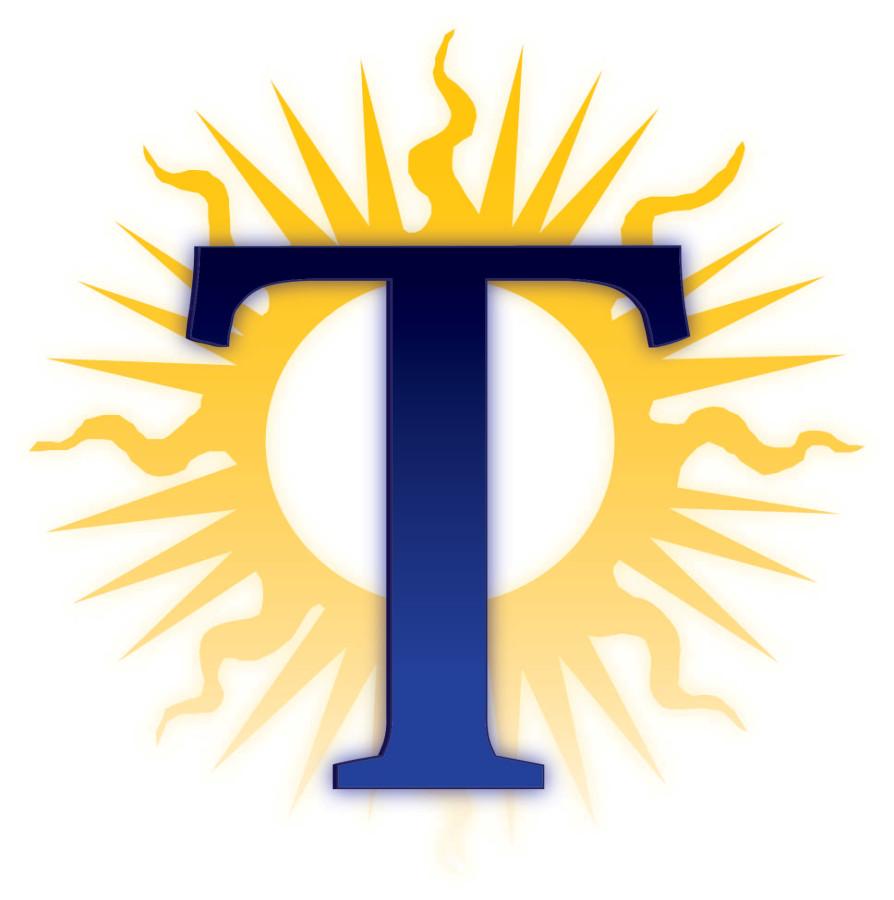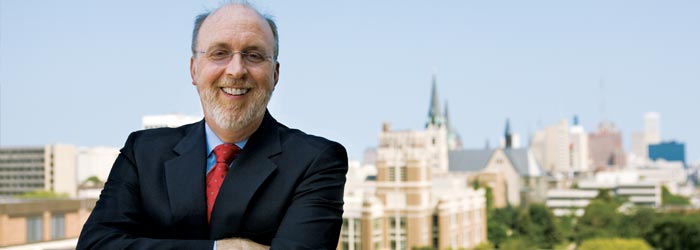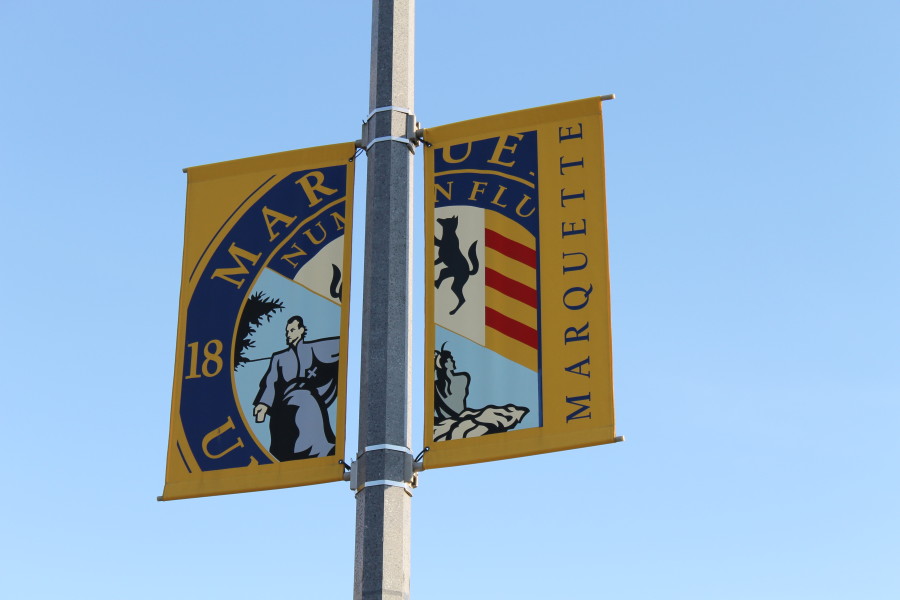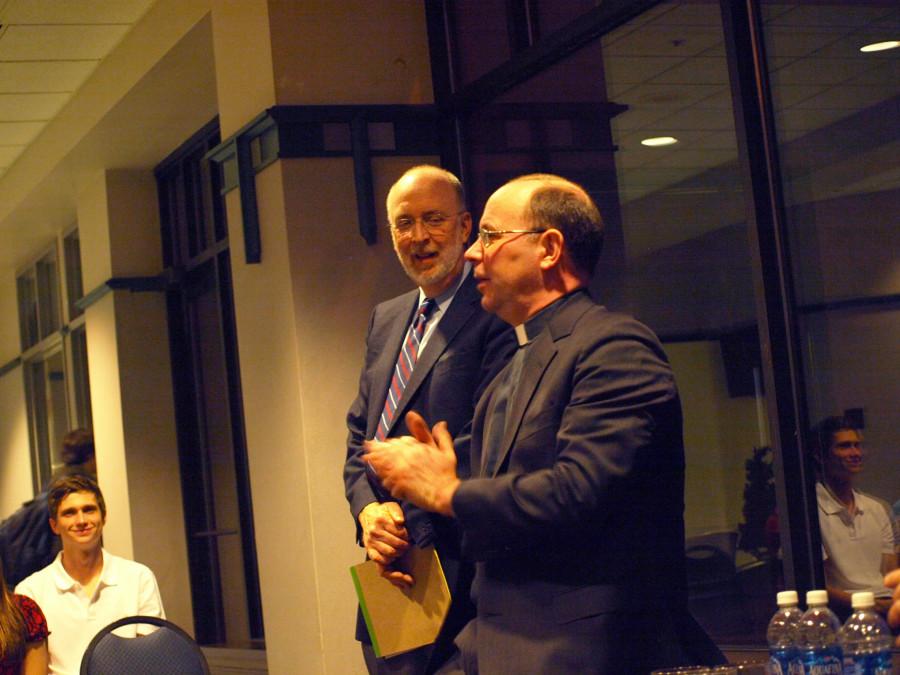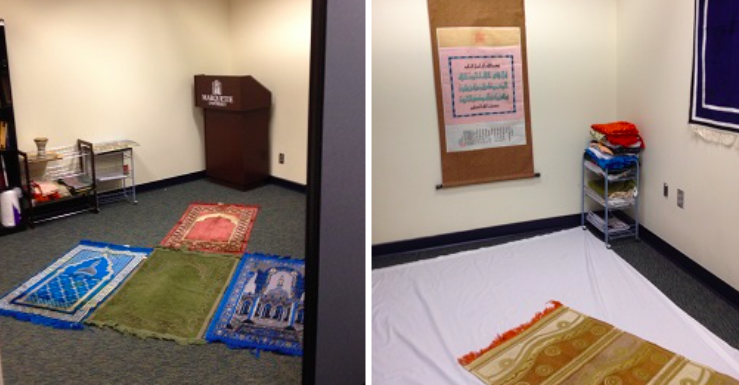Marquette University’s Academic Senate opened its second-to-last meeting of the year with three main areas of action, including two proposals from the Committee on Research and a discussion of the Information Sensitivity Policy.
The Committee on Research presented two separate policies based on objectivity in research environments as well as ownership over faculty and student intellectual property.
Doug Lobner, chair of the Committee on Research, presented a proposal for a new university policy titled “Promoting Objectivity in Research/Financial Conflict of Interest for Public Health Services Investigators.” Lobner also presented a proposal to amend the university’s Intellectual Property Policy, which was last updated in 1999.
The proposal on objectivity research stated that the “policy helps to assure that high standards of scientific integrity govern the conduct of sponsored projects, thereby bolstering public understanding and trust of science.”
This proposal, according to Jeanne Hossenlopp, vice provost for research, needs to be implemented in August.
The second proposal concerning the university’s Intellectual Property Policy defines the conditions of ownership when it comes to employees’ intellectual properties conducted using university resources.
A debate was raised on the issue when Bruce Boyden, the law school faculty-elected member, expressed concerns with the language of the document and what the proposal would mean for the rights of student works.
“As to students, toward the end of the document, there’s an asserted ownership over student work to an extent that I’m frankly uncomfortable with,” Boyden said.
He was referring to the proposal that states, “intellectual property created by a student during such employment or course of study shall be owned by the University.”
Doug Smith, associate general counsel and writer of the two proposals, was present to address the concern.
With respect to student work from teaching and research assistants that earn compensation in the form of credits, the university does not claim rights to the intellectual properties they may produce, he said.
“The fact is the university has never claimed ownership in things like a database that a faculty member might prepare in connection with the faculty members’ individual research or the preparation of a scholarly work or paper,” Smith said.
William Thorn, faculty-elected member for the journalism department, asked how works and submissions on D2L might be affected.
Smith described D2L as merely a medium, which does not fall under the policy.
Another policy discussed was the senate’s stance on the Information Sensitivity Policy. This addressed — according to the policy document and discussions — the actions that should be taken to assess the protection necessary to distribute sensitive information, both public and confidential. This includes the protection of student information and records, intellectual property and financial data.
Christine Krueger, a faculty-elected member from the English department, made a point that all university business is out for the world to see as is. UAS chair James South determined that the issue is not resolved and will be discussed further in a later meeting.
University Provost John Pauly provided the provost’s report on the update of the College of Arts & Sciences dean search, enrollment numbers, a policy on mandatory reporting of child abuse, a faculty survey of student engagement and the Higher Learning Commission.
Pauly addressed the Higher Learning Commission by identifying four gaps throughout the university that need to be addressed, including better faculty evaluations, better documentation of student complaints, issues concerning assigning credit hours — specifically with internships — and applying services that better serve diversity.
In his enrollment report for the upcoming year, Pauly said there have been 8 percent fewer deposits made than last year thus far. Pauly also said the top target for enrollment is to stay around 1,950 students.
To close the meeting, Jon Pray, associate vice provost for educational technology, gave a presentation on the possible implementation of more eTextbooks on campus and preparing Marquette for that transition.
Motivation for the shift to eBooks would be to take advantage of improving content of books as well as to lessen the weight of backpacks.
“Dear goodness, can we save these kids some money. … Can we save their backs?” Pray said.

